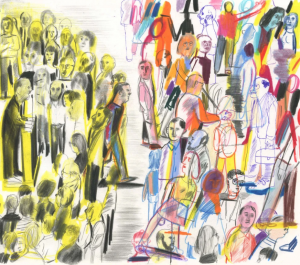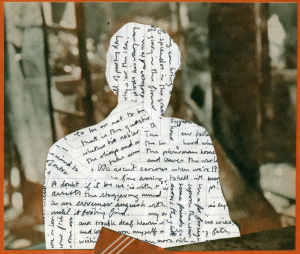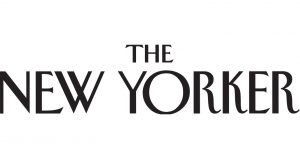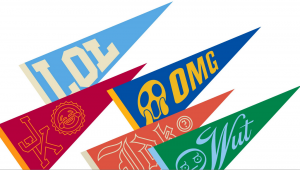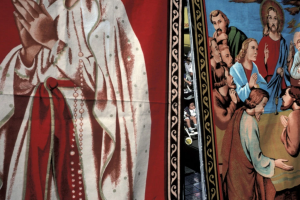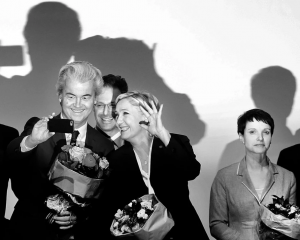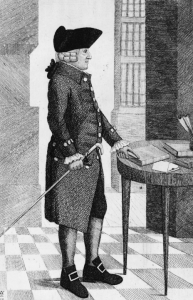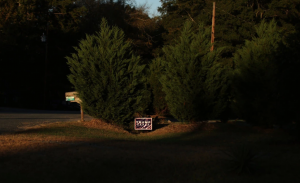By Molly Worthen
Contributing Opinion Writer
The Moody Bible Institute in Chicago seems like the last place in which to expect a scandal over Title IX.
Moody is one of the most conservative Christian colleges in the country, and Title IX’s authority is diminished these days. Last year, the White House rescinded the Obama administration’s stricter enforcement of the federal law against sex discrimination in educational programs that receive federal financial aid. Moreover, under President Trump, the Justice Department seems disinclined to challenge conservative Christians’ insistence that the First Amendment exempts their institutions from the full force of anti-discrimination laws.
Yet recent events at Moody show that religious freedom does more than protect the dissenting views of minority groups — it encourages members of those groups to fight vigorously among themselves. In January, a former Moody communications instructor named Janay Garrick filed a suit in Federal District Court. She accused Moody of “discrimination and retaliation,” charging that the school fired her for such insubordinate acts as helping female students file Title IX complaints about the pastoral ministry program, which was then restricted to men and still excludes women from some parts of the major. She also counseled lesbian and transgender students and collected the testimonies of female students who reported sexual assaults and harassment, according to court documents. (Moody declined to comment.)
Moody, like many evangelical and fundamentalist schools, adheres to a “complementarian” theology of gender — meaning that God created men and women for separate, complementary roles in family and church life. “If a church or parachurch organization has no watchdog and will do as it will under religious freedom, and women are pulled down a slope, and told they can’t understand or handle religious texts, and they’re being harassed and raped, then our Christian liberty has gone too far,” Ms. Garrick told me.
Conservative critics have charged that Moody’s decision to hire someone like Ms. Garrick — who had said in her job interview that she is a gender egalitarian as well as an ordained minister — reveals broader theological confusion. Audrey Belcher, a recent graduate of Moody and one of the few women to major in theology there, said that some male professors encouraged her to pursue an academic career, although no women serve on Moody’s theology faculty. “They said, ‘If you want to teach, you should do that.’ I pointed out to one of my teachers that I couldn’t teach at Moody even if I was qualified,” she told me. “He had the view that this was something they were working on.”
The tumult at Moody reflects a larger pattern in evangelical higher education. Internal turmoil — over sex and gender as well as racial justice — continues despite every sign that government pressure on these schools has abated. White House policies cannot halt the undertow of generational change, and may even accelerate it, because a modest but meaningful resistance to evangelical support for Mr. Trump is brewing on many Christian campuses.
Image credit: Jenn Liv/NYT



